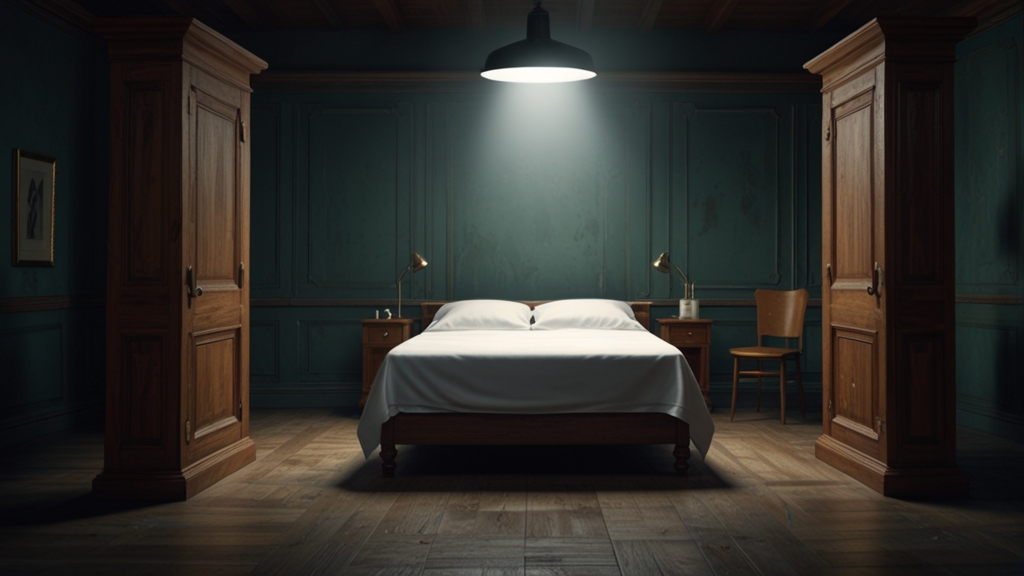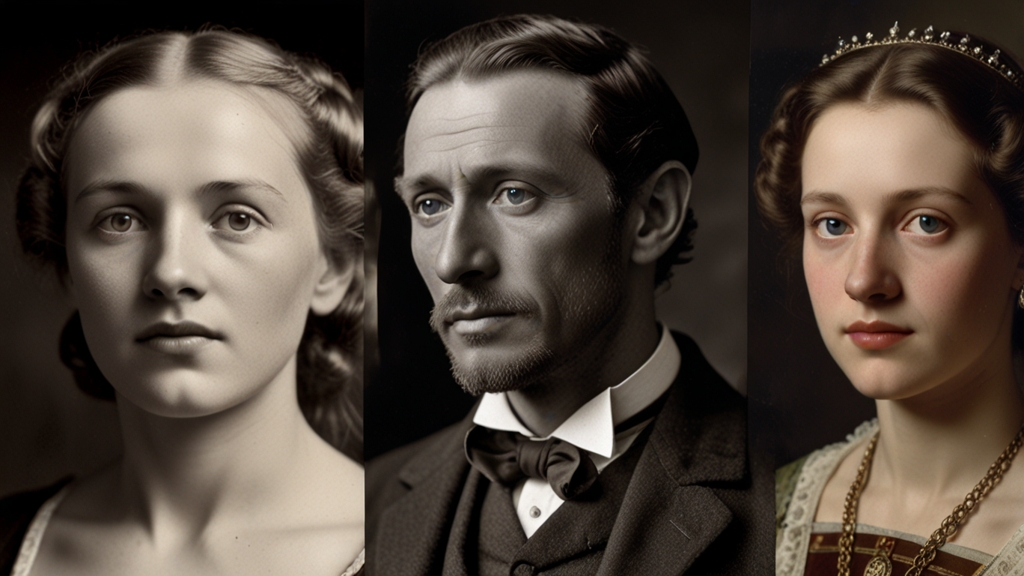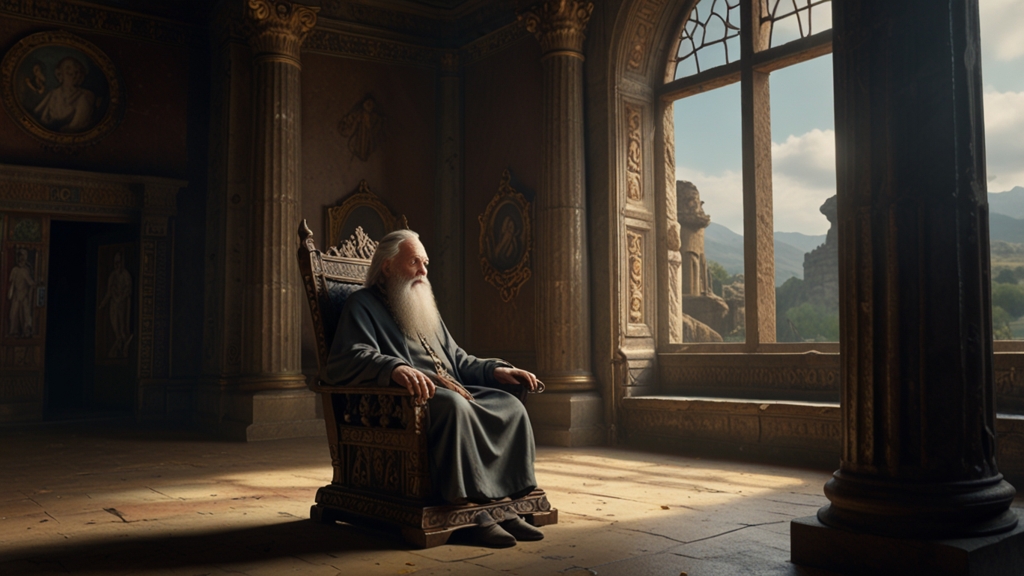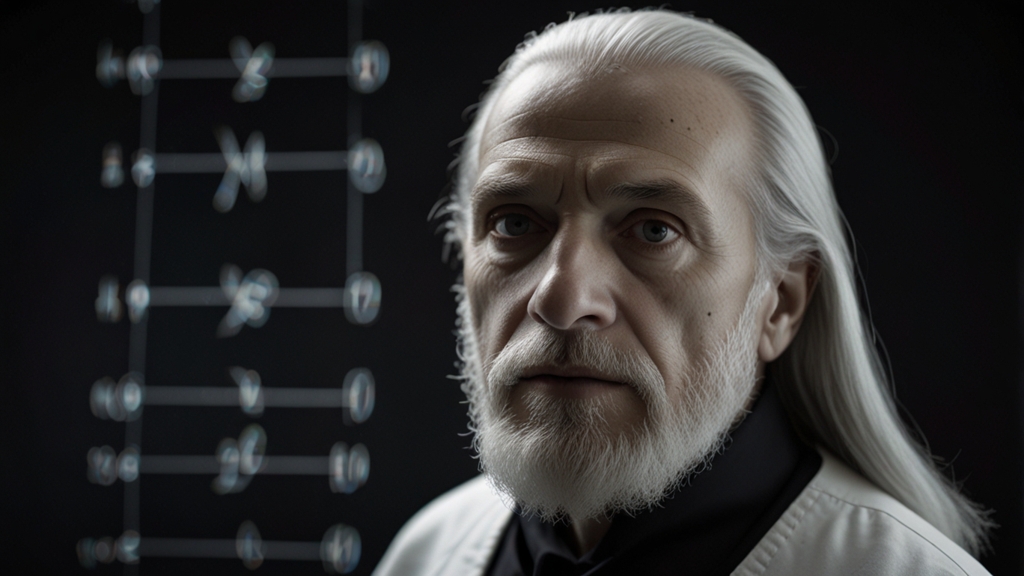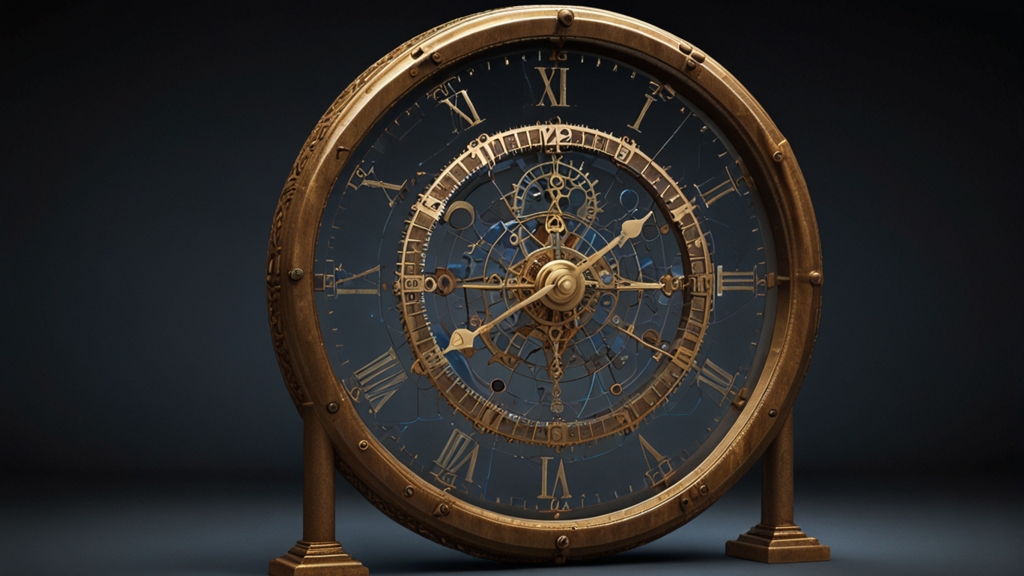Riddles with a Twist: Prepare for the Unexpected
Riddles have long been a source of entertainment and mental exercise. They challenge our minds, encouraging us to think outside the box and consider different perspectives. But what happens when riddles come with a twist? When the expected answers are misleading, and the question itself is crafted to deceive? Welcome to the intriguing world of twisted riddles, where nothing is as it seems, and every question hides a surprise.
The Art of the Unexpected
Twisted riddles leverage the element of surprise to create a more challenging and rewarding experience. These riddles often play with language, double meanings, and false assumptions, leading the solver down one path only to reveal that the real answer lies elsewhere. The twist is what makes these riddles particularly satisfying, as they encourage deeper cognitive engagement and delight when the true nature of the problem is uncovered.
One of the most famous examples of a riddle with a twist is the classic: "I speak without a mouth and hear without ears. I have no body, but I come alive with wind. What am I?" At first glance, this riddle perplexes the solver as they try to think of a living entity that fits this description. The aha moment comes when one realizes that the answer isn't a living creature at all, but an echo; a clever play on expectations that showcases the power of twisted riddles.
"The first principle is that you must not fool yourself and you are the easiest person to fool." - Richard Feynman
Crafting the Perfect Twist
Creating a twisted riddle requires a delicate balance of clarity and deception. The question itself must be clear and concise, leading the solver toward a plausible, yet incorrect, line of thinking. Simultaneously, the answer should be hidden in plain sight, often relying on wordplay or nonliteral interpretations.
Consider this riddle: "I can be cracked, made, told, and played. What am I?" The words "cracked," "made," "told," and "played" might lead one to think of various physical objects or actions. However, the twist lies in the wordplay: the answer is a joke.
The Psychological Appeal
Why do we enjoy riddles with a twist so much? The appeal lies in the cognitive dissonance they create. When we are led to an incorrect answer, our brains experience tension between our expectations and reality. The resolution of this tension, when we finally grasp the twist, releases a burst of satisfaction and pleasure. It's a mental reward for navigating through layers of deception and arriving at the truth.
"It’s not that I’m so smart, it’s just that I stay with problems longer." - Albert Einstein
Twisted Riddles in Popular Culture
Twisted riddles have permeated popular culture, often appearing in literature, films, and games. One of the most notable uses of riddles with a twist is in J.R.R. Tolkien's "The Hobbit," where Bilbo Baggins and Gollum engage in a game of riddles that becomes a battle of wits. The riddles in this exchange are not straightforward and require ingenious thinking, adding depth to the characters' interaction.
Similarly, twisted riddles are a staple in escape rooms and puzzle games, where the challenge lies in deciphering clues that are designed to mislead. These experiences draw on our love for the unexpected and our desire to solve mysteries, making them exciting and memorable.
Why Twisted Riddles Matter
In a world where information is often spoon-fed to us, twisted riddles remind us of the joy in intellectual challenge and discovery. They teach us to question our assumptions, look at problems from different angles, and embrace the unexpected. As we navigate through life, full of its own twists and turns, the skills honed through solving twisted riddles can prove invaluable.
Conclusion
Riddles with a twist are more than just entertainment—they are exercises in critical thinking and creativity. By preparing for the unexpected and embracing the twists, we become better problem solvers and more adaptable thinkers. So the next time you encounter a seemingly baffling riddle, remember that the joy lies not just in the answer, but in the journey to uncover the twist.
